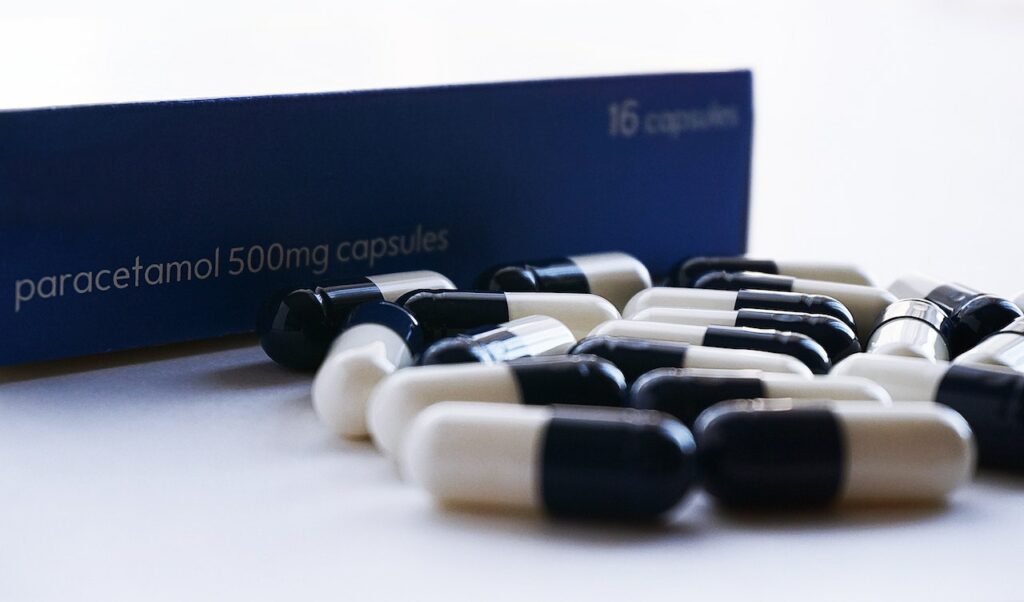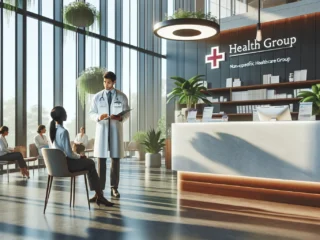
Can You Take Gabapentin and Trazodone Together
Wondering about the possible interactions between gabapentin and trazodone? You’re not alone. Many people have questions about whether it is safe to take these two medications together. In this article, I’ll delve into the topic and provide you with some insights.
When it comes to combining gabapentin and trazodone, it’s important to consult your healthcare provider for personalized advice. While there isn’t a specific contraindication that prohibits taking these drugs together, it’s crucial to be aware of potential interactions. Both medications can cause drowsiness and central nervous system depression, which may increase the risk of side effects such as excessive sedation or respiratory suppression when taken concurrently.
Potential Interactions Between Gabapentin and Trazodone
When it comes to medications, it’s important to understand how they interact with each other. In the case of gabapentin and trazodone, both commonly prescribed drugs, one may wonder if they can be taken together without any adverse effects. Let’s delve into the possible interactions between gabapentin and trazodone to shed some light on this matter.
- Central Nervous System (CNS) Depression: Both gabapentin and trazodone have a sedative effect on the central nervous system (CNS). Taking them together can potentially enhance this sedation, leading to an increased risk of drowsiness, dizziness, and impaired coordination. It’s crucial to exercise caution when combining these medications, especially if you need to perform tasks that require alertness or concentration.
- Respiratory Depression: In rare cases, the combination of gabapentin and trazodone has been associated with respiratory depression. This serious condition involves decreased breathing rate or shallow breathing. If you notice any difficulty in breathing or shortness of breath while taking these medications concurrently, seek immediate medical attention.
- Increased Side Effects: Gabapentin and trazodone share some similar side effects such as dry mouth, blurred vision, and gastrointestinal disturbances like nausea or constipation. Taking them together may increase the likelihood and severity of these side effects. It is essential to monitor your symptoms closely and consult your healthcare provider if you experience any concerning reactions.
- Individual Factors: It’s important to note that drug interactions can vary from person to person due to individual factors such as age, weight, metabolism rate, overall health condition, and other medications being taken simultaneously. Always consult with your healthcare provider before starting any new medication regimen involving gabapentin or trazodone.
While there are potential interactions between gabapentin and trazodone, it does not mean that they cannot be used together. However, the decision should be made by a healthcare professional who can assess your specific situation and determine the appropriate dosage and monitoring plan to minimize any risks.

Risk of Sedation and Drowsiness
When considering the potential interactions between gabapentin and trazodone, it’s important to be aware of the risk of sedation and drowsiness. Taking these medications together can enhance their individual sedative effects, leading to increased feelings of sleepiness or fatigue. As an expert, I’ll delve into this topic further to provide you with a clearer understanding.
- Increased Sleepiness: Combining gabapentin and trazodone may intensify the sedating properties of both drugs. Gabapentin is commonly prescribed for nerve pain and seizures, while trazodone is primarily used as an antidepressant but also has sedative effects commonly utilized for treating insomnia. These medications can cause drowsiness on their own, but when taken together, they may amplify each other’s impact, potentially resulting in excessive sleepiness.
- Impaired Cognitive Function: Another concern when combining gabapentin and trazodone is the potential for impaired cognitive function. Excessive sedation can negatively affect concentration, alertness, and reaction time. This could pose a risk if engaging in activities that require mental focus or coordination such as driving or operating heavy machinery.
- Increased Fall Risk: The combination of gabapentin and trazodone can also increase the risk of falls due to their sedative effects. Both medications can cause dizziness or unsteadiness on their own, but when used concurrently, these side effects may become more pronounced. It’s crucial to exercise caution when taking these drugs together, especially in older adults who are already at a higher risk for falls.
- Individual Sensitivity: It’s important to note that not everyone will experience severe sedation or drowsiness when combining gabapentin and trazodone. The extent of these side effects can vary from person to person depending on factors such as age, overall health status, and individual sensitivity to the medications. However, it’s always advisable to exercise caution and consult with a healthcare professional before combining these medications.
In conclusion, taking gabapentin and trazodone together can increase the risk of sedation and drowsiness. This combination may lead to excessive sleepiness, impaired cognitive function, and an increased risk of falls. It’s crucial to have open communication with your healthcare provider regarding any concerns or potential drug interactions.












